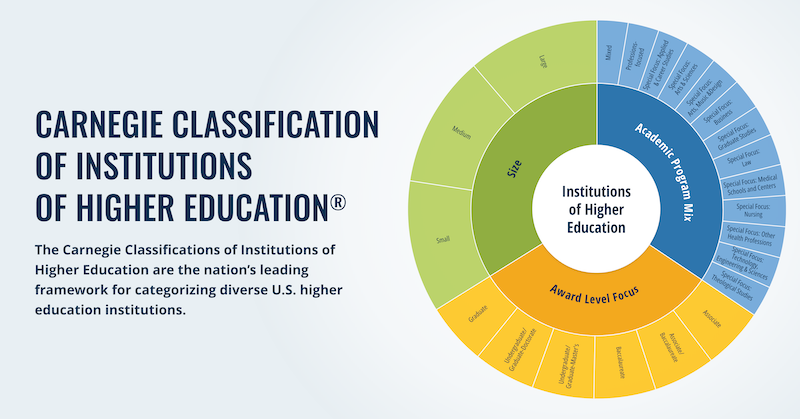Continuous Improvement Methodology Holds Promise for Real Change in Education
May 20, 2013
In a new white paper by the Carnegie Foundation for the Advancement of Teaching the authors have found examples that illustrate how continuous quality improvement methodology is being applied in education toward the goals of making education more efficient, effective, and equitable.
In Continuous Improvement in Education, by Sandra Park, Stephanie Hironaka, Penny Carver, and Lee Nordstrum, the authors provide examples in three broad categories: at the level of classroom instruction, system-wide, and improvement efforts with collective impact.
They write that while continuous improvement methodology is most often associated with industries such as manufacturing, business, and healthcare, the field of education has been slow to embrace it. Instead, “silver bullets and high stakes accountability remain the prevailing levers for improving school, teacher, and ultimately student performance.”
The authors contend that this is due, in part, to the fact that “schools and districts are not organized in ways that promote continuous learning; work is often done in silos, policy demands push for quick results, data isn’t provided frequently or quickly enough for it to meaningfully inform and change practice, and poor outcomes are viewed as individual failures rather than a by-product of a misaligned system.”
The authors conclude that in order to make positive and real changes in education, there needs to be a “tripartite improvement framework” of will, ideas, and execution. “Currently, none of these three elements is ubiquitous in education, a reality which must change if educators are to move beyond the input-outcome polemic and begin to unpack the black box of educational processes in ways that promote their improvement,” the authors said.
-#-
This work was funded through a cooperative agreement with the Institute for Education Sciences. The opinions expressed in this white paper are those of the authors and do not represent views of the Institute or the U.S. Department of Education.
The Carnegie Foundation is committed to developing networks of ideas, individuals, and institutions to advance teaching and learning. We join together scholars, practitioners, and designers in new ways to solve problems of educational practice. Toward this end, we work to integrate the discipline of improvement science into education with the goal of accelerating the field’s capacity to learn to improve.





